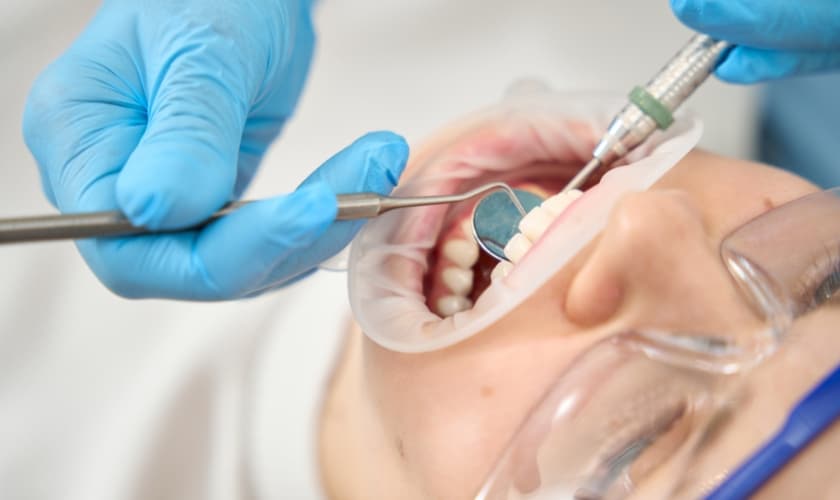Looking for ways to replace your missing teeth? Dental implants can help you achieve this dental goal. They offer high success rates with good longevity and a natural look. However, despite their high reliability this oral appliance might fail to perform well on some occasions.Understanding the signs of implant failure cna help you take the next necessary steps.
Go through this guide to learn about the important detailsof this issue. Staying informed can help you avoid dental complications.
What Are The Signs of Dental Implant Failure?
This dental appliance can usually work without issues. In case of failure, watch out for the following signs:
- Some tenderness is common, but severe ongoing pain and excessive swelling may signal an infection or failure to heal.
- If your implant feels unstable and you experience pain while chewing, the titanium post might not have integrated properly with your gums.
- Noticeable shrinking of gums or formation of abscess might indicate gum recession or a condition known as peri-implantis. It can threaten the procedure’s stability.
What Are The Common Causes of Dental Implant Failure?
Here are some factors that can contribute to the failure of dental implants. Common causes include:
- This occurs when the implant post fails to fuse properly with your jawbone, often due to insufficient bone density or improper healing.
- Bacteria can accumulate around your operation site, leading to inflammation and bone loss.
- Do you have enough jawbone to support your prosthetic teeth? Lack of proper bone support can compromise the stability of your dental treatment.’
- Are you a heavy smoker? Nicotine can reduce blood flow to your gums, impacting healing and increasing the risk of infections.
- Burdened with different chronic diseases? You can experience procedure failure because of diabetes, autoimmune disorders, and osteoporosis.
- Improper implant placement or neglecting post-surgery care instructions can contribute to you experiencing dental complications.
What To Do If Your Dental Implant Fails?
Wondering if you can prevent these unnecessary complications? Here are some steps that you can take if you suspect that your dental implant is failing:
- Try to get in touch with your dentist immediately without any delay if you notice any possible signs of trouble.
- The dentist will likely conduct X-rays and digital dental scans to assess the condition of your oral appliance and identify the cause of failure.
- You might need to undergo different treatment procedures to address infections or remove damaged tissues.
- Suffering from bone loss? The dental professional might perform a bone graft to rebuild your jawbone.
- A dental professional might recommend a dental bridge or dentures based on your situation.
Can You Prevent Dental Implant Failure?
Here are some proactive steps that you can take to significantly reduce the risk of failure:
- You must rush twice daily and use antibacterial mouthwashes as recommended by your dentist.
- Routine dental visits can help the dentist identify potential issues early to ensure that your gums stay healthy.
- If possible, try to quit smoking, as nicotine can drastically increase the risk of procedure failure.
- Adhere to the dentist’s post-operative care plan to support proper healing.
According to studies, with proper care, this dental procedure has a success rate of 94.0% over 15 years.
Feeling a bit confident now? While dental implant failure can be concerning, it’s important for you to remember that with proper care and timely intervention, you can resolve most issues. By recognizing the early warnings, you can seek professional guidance to protect your oral health.
Are you looking for professional consultation today? Schedule a consultation today!





